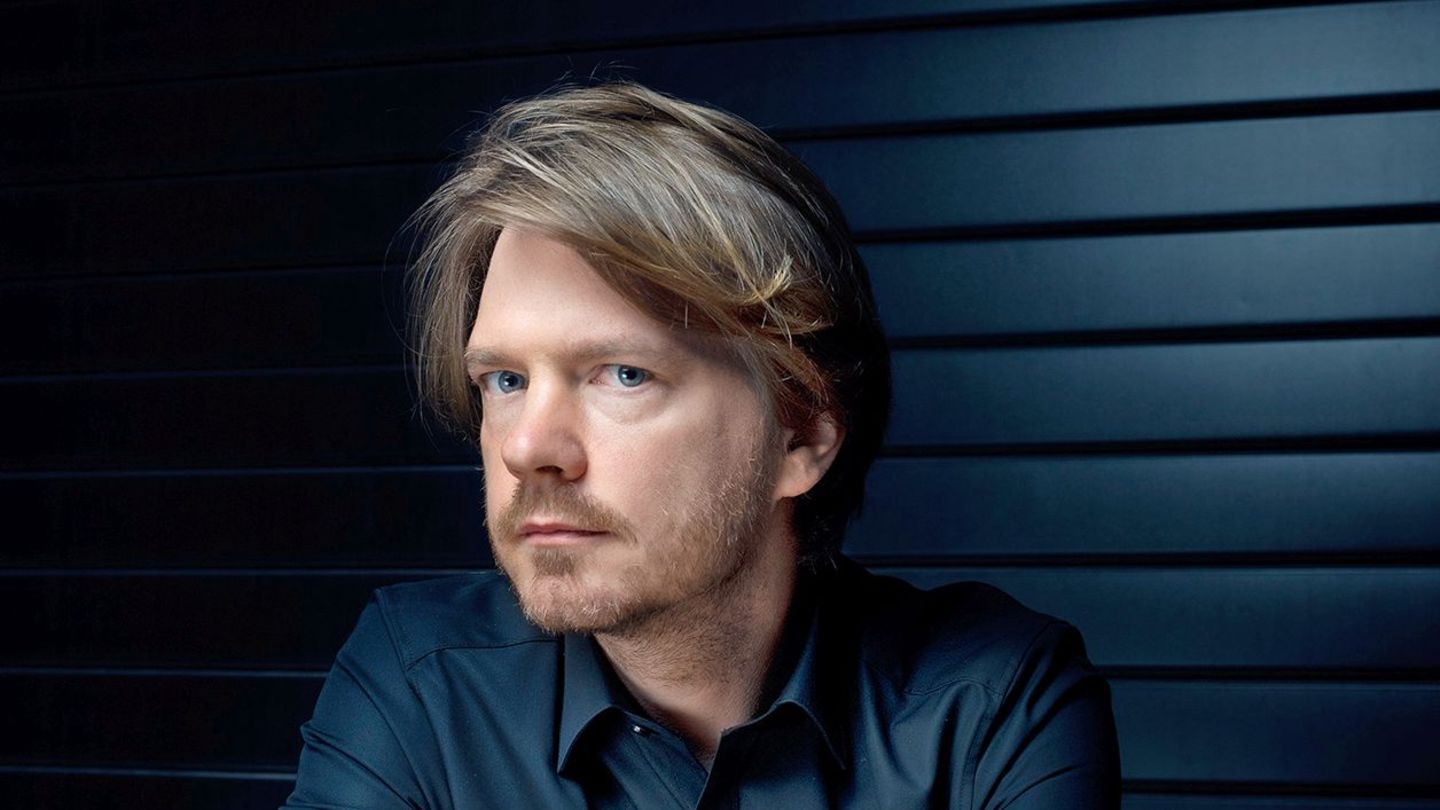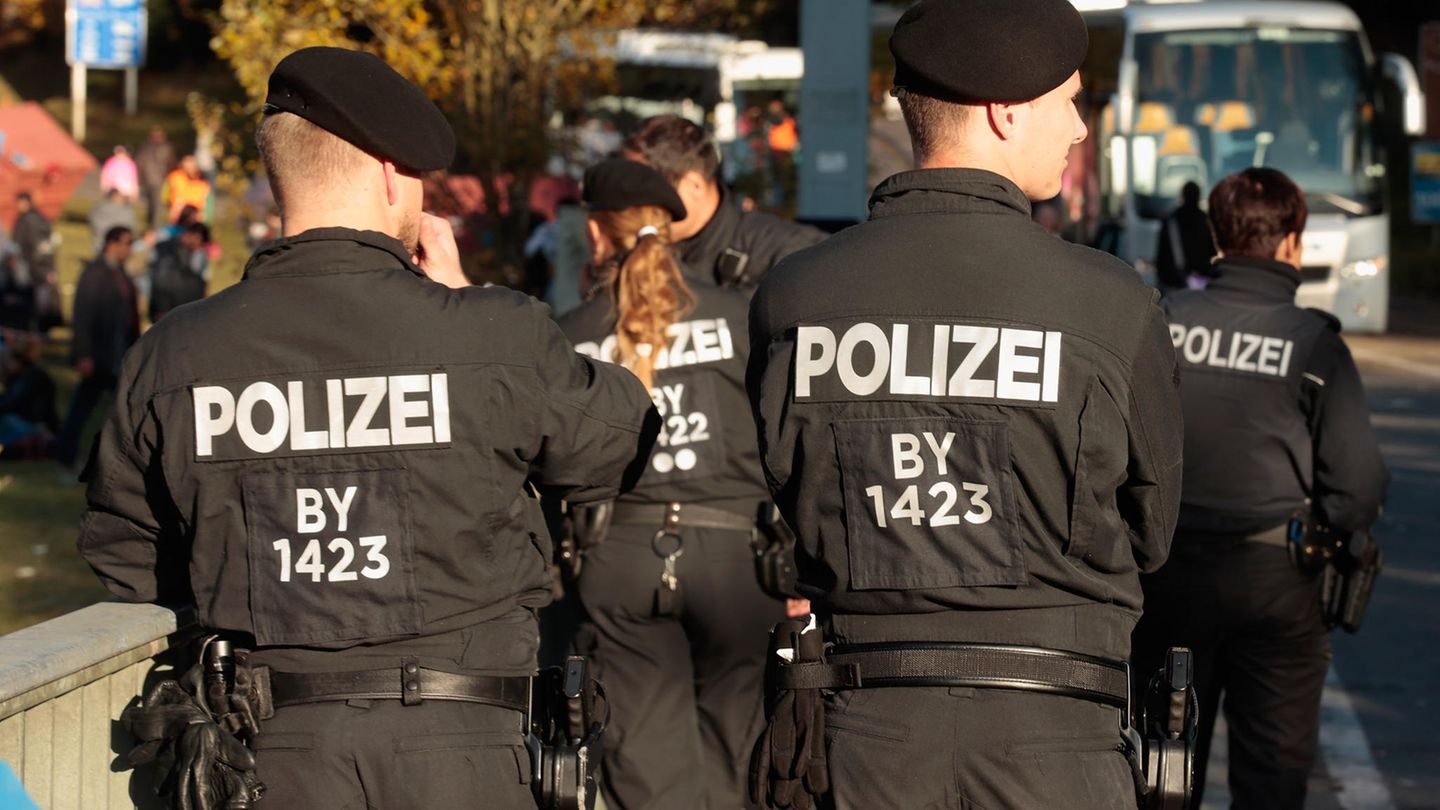interview
Is Germany closing its borders? Interior Minister Nancy Faeser wants to introduce temporary border controls. Migration expert Hannes Schammann explains why this is not a solution.
Mr Schammann, Interior Minister Nancy Faeser has border controls and rejections at all German borders – in a model that complies with “European law”. It is still unclear how this will work. What criteria would have to be met for this to happen?
Under current EU law, the responsibility of another EU state would not only have to be established. The state in question would also have to agree to the return. In practice, this can take a lot of time and will lead to some states not agreeing. An EU procedure would then have to be initiated. Under current law, people would have to be prepared to be housed in a kind of camp at the border – on German soil.
The Police Union is rather skeptical about the proposal and points to its limited staff. How quickly can border controls be implemented?
It’s not just about controls, but also about the entire process of Dublin return. Other authorities are also involved, in particular the Federal Office for Migration and Refugees. We are facing a growing shortage of skilled workers in the entire migration administration. Everything that is happening now means that tasks are being left undone elsewhere.
What is the Dublin procedure?
The Dublin Regulation is a European Union regulation that governs which country is responsible for an asylum procedure. Normally, this is the country in which refugees first set foot on European soil. This is intended to prevent, for example, asylum applications from being submitted in several countries – or refugees from falling into nothingness. However, the rule shifts the pressure onto the member states that lie on the EU’s external borders.
Austria announced yesterday that it would not accept refugees rejected by Germany. What will happen to those affected? Where should the people go?
If we continue down this path, we will see large refugee camps on Europe’s external borders. These will be cities without hope, where hatred of Europe simmers.

© Daniel Kunzfeld
To person
Hannes Schammann is Professor of Political Science at the University of Hildesheim. He specializes in migration and refugee policy for Germany and the EU. Previously, he worked for several years as project manager for migration and integration at the Robert Bosch Foundation.
CSU regional group leader Alexander Dobrindt also said he hoped “that our neighboring countries would do something similar.” Doesn’t that undermine the Schengen Agreement?
For many, the traffic jams at internal borders already mean the perceived end of Schengen.
What do border controls actually achieve in curbing the “irregular migration” that Faeser speaks of?
Above all, they are a symbol to Germany’s neighbouring countries. The calculation is probably not so much to reduce immigration numbers by closing the borders themselves. Instead, the hope is that other countries will close their borders and that the EU as a whole will strengthen its external borders. In the short and medium term, this could actually lead to a reduction in the numbers.
And in the long term?
In the long term, we must consider how to deal with an ever-increasing number of people seeking protection worldwide. For example, Germany is currently cutting funding for international peace work. If Germany and the EU therefore want to break away from their protection obligations, they will have to keep strengthening their borders. They will also have to accept that trust in the existing world order and in the pioneering role of liberal democracies will continue to decline.
Does this proposal solve the problems we currently have?
The measures are understandable in light of the current elections. But they will neither solve the problem of rising refugee numbers worldwide nor restore trust in democracy. We must finally understand that the dissatisfaction of many people with migration policy is more of a symptom of deeper problems.
Representative liberal democracy must provide answers as to why it remains the best form of government. And the economic system must show how it can deliver on the promise of prosperity for all. If these major issues are dealt with satisfactorily, migration policy will no longer be a decisive factor in elections.
Further sources:
Source: Stern
I have been working in the news industry for over 6 years, first as a reporter and now as an editor. I have covered politics extensively, and my work has appeared in major newspapers and online news outlets around the world. In addition to my writing, I also contribute regularly to 24 Hours World.




